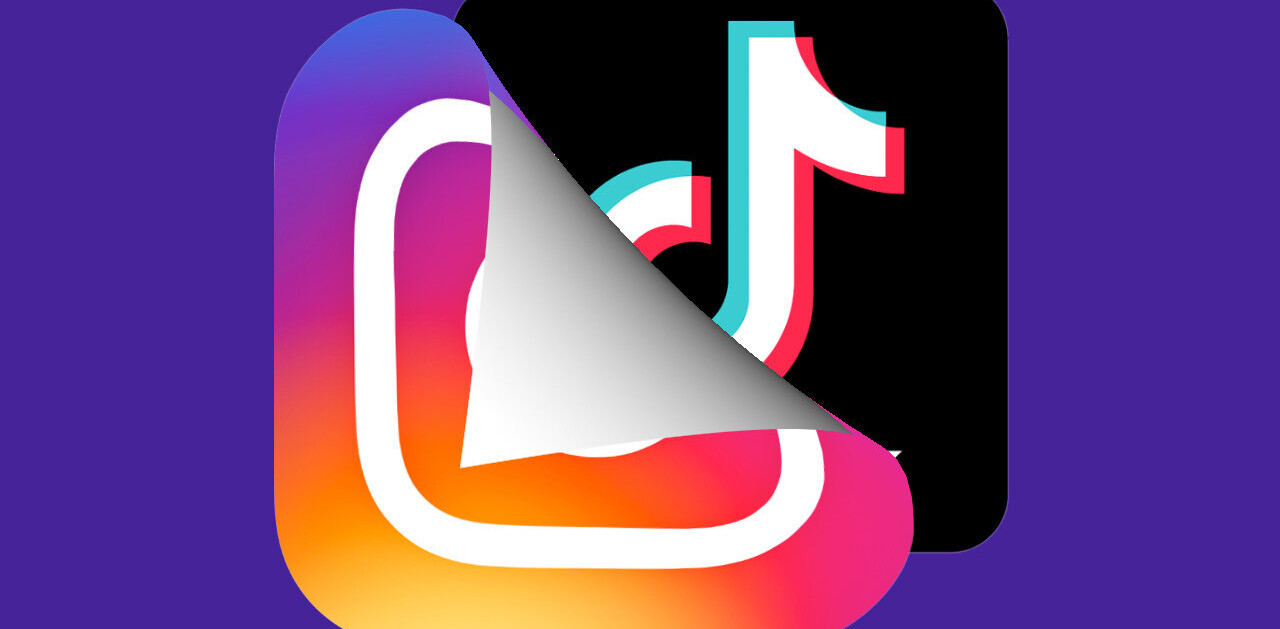
The Israeli startup Twtrland has just launched Yamana, a new product that helps brands connect with influencers who can tell the world about their product. Unlike the native Latin American people it was named after, it doesn’t use smoke signals, but what it describes as their modern equivalent: tweets.
As you may remember, Twtrland is a social media tool which helps you find people to follow on Twitter or find out more about the person about a certain tweet. In the process, it has compiled a vast amount of data about the twitterverse, which now powers Yamana.
From the outside, we are talking about a solution that hopes to help companies easily spread the word about their product on Twitter – regardless of their size or knowledge of social media. Under the hood, it uses Twtrland’s user data to identify key people who are engaging with their audience on a specific topic, whom it then contacts on behalf of the brands it works for.
Here’s a step-by-step case showing how Yamana works in real life:
- Step 1/4 – Yamana sends a personalized message to a selected Twitter user, offering to send them a free sample product – in that case, a luxury wallet from lineapelle:
@eye4style Hi Dina, you were selected to receive a @lineapelle dylan wallet, no strings attached. enjoy. Details: twtrland.com/landing/9
— twtrland (@twtrland) May 17, 2012
- Step 2/4 – if the recipient clicks on the link, they will land on a customized landing page which helps them request the product:

- Step 3/4 – chances are this will create some buzz about the brand’s product
Exciting – I can’t wait! RT @lineapelle@eye4style Hi Dina! Your Linea Pelle wallet has been shipped and is on it’s way. Happy Monday!
— Dina Fierro (@eye4style) May 21, 2012
- Step 4/4 – if all goes well, this will generate natural results for the brand:
Mildly obsessed with my gorgeous new @lineapelle wallet. I shelved the Chanel for this zippered beauty, peeps:lockerz.com/s/211078689
— Dina Fierro (@eye4style) May 22, 2012
Yamana emphasizes the word “natural” – as mentioned in Step 1, the gifts it sends on behalf of brands come with no strings attached, which is very important from an ethical point of view. For instance, one of the first rules at The Next Web is that we never accept any kind of gift to write an article – and we are obviously only one of the many blogs to follow this anti-bribery policy. In this context, it is nice to see that Yamana is making its position very clear:

Yamana also points out that it won’t necessarily approach Twitter’s biggest names to pitch your product; instead, its goal is to identify the perfect target for each product – in Yamana’s words, “find you the needle in the haystack: the people who truly “get” your industry and can help you reach your ideal audience.”
While Yamana works very well with physical products, especially in the fashion segment, it can also run a campaign around other types of goods in other categories, such as food, music and events. For example, social media guru Jeff Pulver recently ran a Yamana campaign, in which the gift was a ticket to his New York conference State of NOW / #140conf (see our article about Qmerce, another product he used to promote his event.)
As for the kind of companies it can help, it is fairly broad; according Twtrland’s mentor and tech blogger Hillel Fuld, Yamana’s ideal target are small to large businesses. “Small businesses all heard of social media, but didn’t have the capacity to reach influencers; now they can,” he explains.
According to Fuld, this is the reason why he decided to mentor the startup, which is part of Microsoft’s Accelerator in Israel:
“Twtrland is run by two twins and a third brother [Eytan, Guy and Noam Avigdor]. These are very smart and talented guys who are trying to disrupt something that needs disrupting. Too many people and businesses of all sizes cannot maximize on social. Yamana gives them access to a new and powerful platform, and lets them play in the major leagues.
That aside, the data is pinpoint accurate – it knows which topics you are really influential on, and the success rate has been amazing. That model is a win-win.”
If you are wondering how much it would cost you to run a Yamana campaign, you will have to ask its team, as its rates depend on each campaign’s factors such as the number of people you want to reach and the value of the giveaway.
Yet, Fuld insists pricing is a non-issue. “It’s a very low price for a business compared to what it gets in return,” he says. Besides its campaign-based price, the startup also offers a subscription plan for ongoing outreach, which could attract companies keen to focus on the long term. Or as Yamana puts it: “Transforming businesses into brands.”
Image credit: FailedImitator (1); Hillel Fuld (2)
Get the TNW newsletter
Get the most important tech news in your inbox each week.
 “Twtrland is run by two twins and a third brother [Eytan, Guy and Noam Avigdor]. These are very smart and talented guys who are trying to disrupt something that needs disrupting. Too many people and businesses of all sizes cannot maximize on social. Yamana gives them access to a new and powerful platform, and lets them play in the major leagues.
“Twtrland is run by two twins and a third brother [Eytan, Guy and Noam Avigdor]. These are very smart and talented guys who are trying to disrupt something that needs disrupting. Too many people and businesses of all sizes cannot maximize on social. Yamana gives them access to a new and powerful platform, and lets them play in the major leagues.



